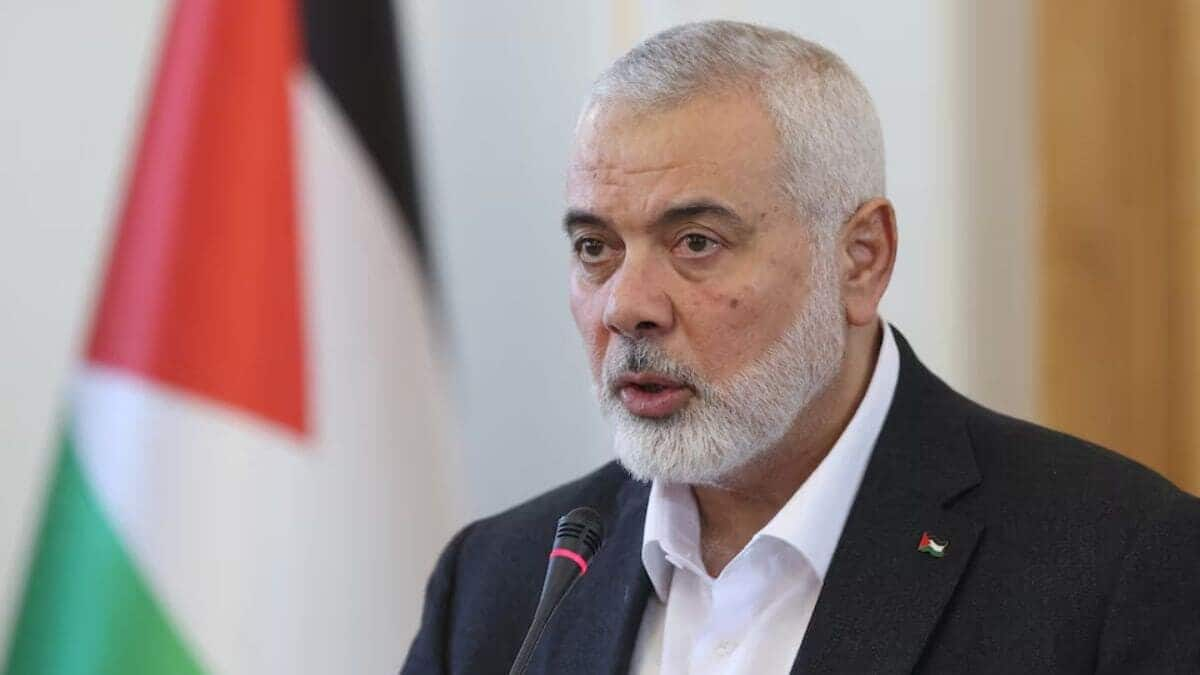
Who is behind the assassination of Hamas chief?
What's the story
Hamas leader Ismail Haniyeh was assassinated in Tehran, Iran, shortly after he attended the swearing-in of Iran's President Masoud Pezeshkian on Tuesday.
The assassination has been confirmed by both Iran and the Palestinian armed group Hamas, which claimed Haniyeh was killed in an Israeli "strike" on his residence.
Israel has yet to comment on the matter, but its intelligence agency, Mossad, is under immediate suspicion due to its history of high-profile eliminations of individuals deemed enemies by Tel Aviv.
Condemnation
International condemnation and Palestinian unity call
Mossad is known for carrying out covert targeted assassinations in the aftermath of the 1972 Munich Olympic terror incident, in which a Palestinian group, the Black September Organization, assassinated 11 Israelis.
Following the tragedy, Israel swore to find the perpetrators, especially those responsible for the massacre.
It was never publicly admitted that then-Prime Minister Golda Meir authorized the secret Mossad mission, but reports have suggested that tracking down and eliminating enemies was part of Mossad policy.
Reactions
Global reactions to Haniyeh's assassination
Some of the high-profile assassinations attributed to Mossad are the 1979 assassination of Ali Hassan Salameh; the 2004 Israeli helicopter missile strike on Sheikh Ahmed Yassin; and the 2008 assassination of Imad Mughniyeh using a bomb in a spare tire, among others.
Israel had vowed to kill Haniyeh and others it found involved in the October 7 attack, which triggered the ongoing war in Gaza that has claimed the lives of 35,000 people.
Conflict
Israel's unyielding stance amid international appeals
In January, Mossad chief David Barnea issued a stern warning to Hamas terrorists, saying, "Let every Arab mother know that if her son took part in the massacre, he signed his own death warrant."
Since the war started, Israel has remained steadfast on its goal to finish Hamas despite repeated international appeals.
However, it is unclear whether Mossad carried out Haniyeh's killing in Tehran, which Israel considers an enemy.
Background
Haniyeh's violent past and Israel's vow for retribution
But the possibility that Haniyeh was one of Israel's likely targets cannot be ruled out.
He was the prime minister of the Palestinian Authority and had a history of involvement in armed violent activities since the 1980s.
He was also allegedly involved in the planning of the attack on Israel last year, in which 1,200 people were killed and around 250 more were taken as hostages.